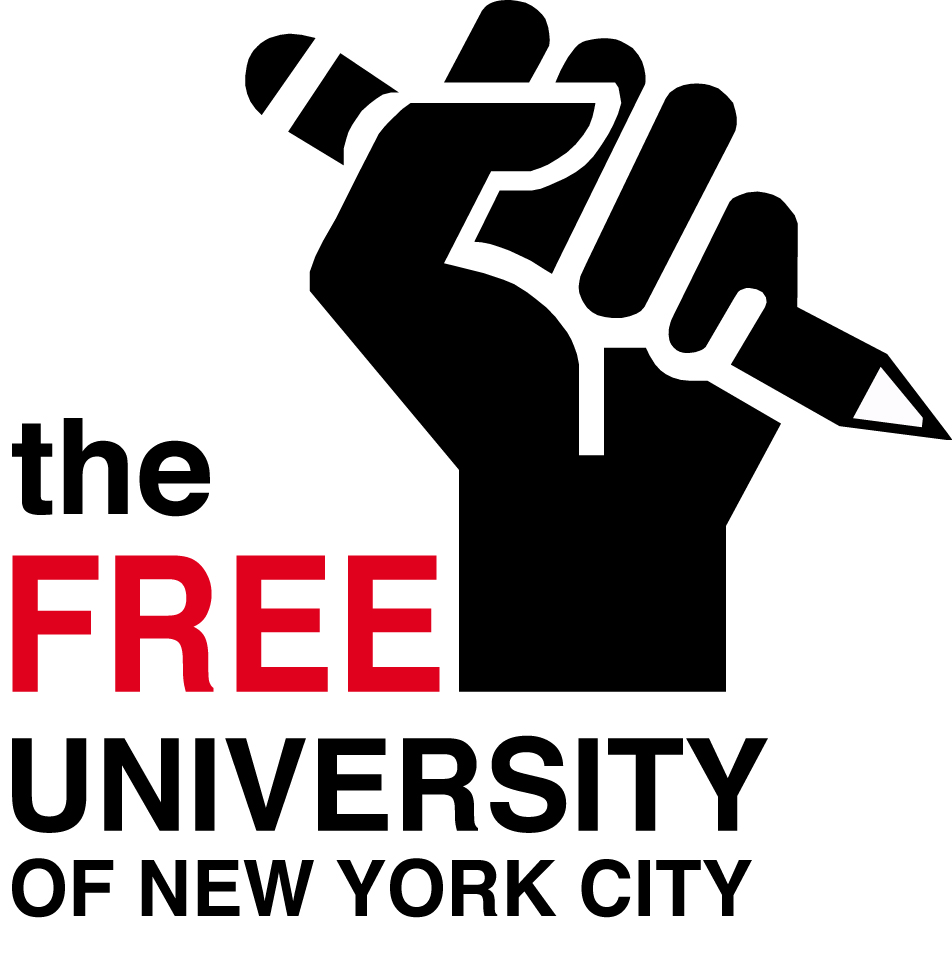By Zoltán Glück
First published at Tidal (http://tidalmag.org/race-class-and-disaster-gentrification/)
In the days and weeks following Hurricane Sandy the inequalities at the heart of New York City could scarcely be missed. While hundreds of thousands of public housing residents went without heat, hot water or electricity, Mayor Michael Bloomberg rushed to get the stock exchange up and running within 48 hours—a stark reminder of whose lives and well-being are valued by current administration. In the immediate aftermath of disasters such contrasts lay bare the violence of race and class. Who is able to leave and who is able to return are questions about access to resources, vulnerability, and the existing geographies of economic and social inequality. But it is through the process of reconstruction that existing racial and class iniquities are truly reproduced and deepened. In New York City, as the power has finally come back on for residents and as reconstruction efforts plod along, it is perhaps time for a look at how these dynamics are playing out.


